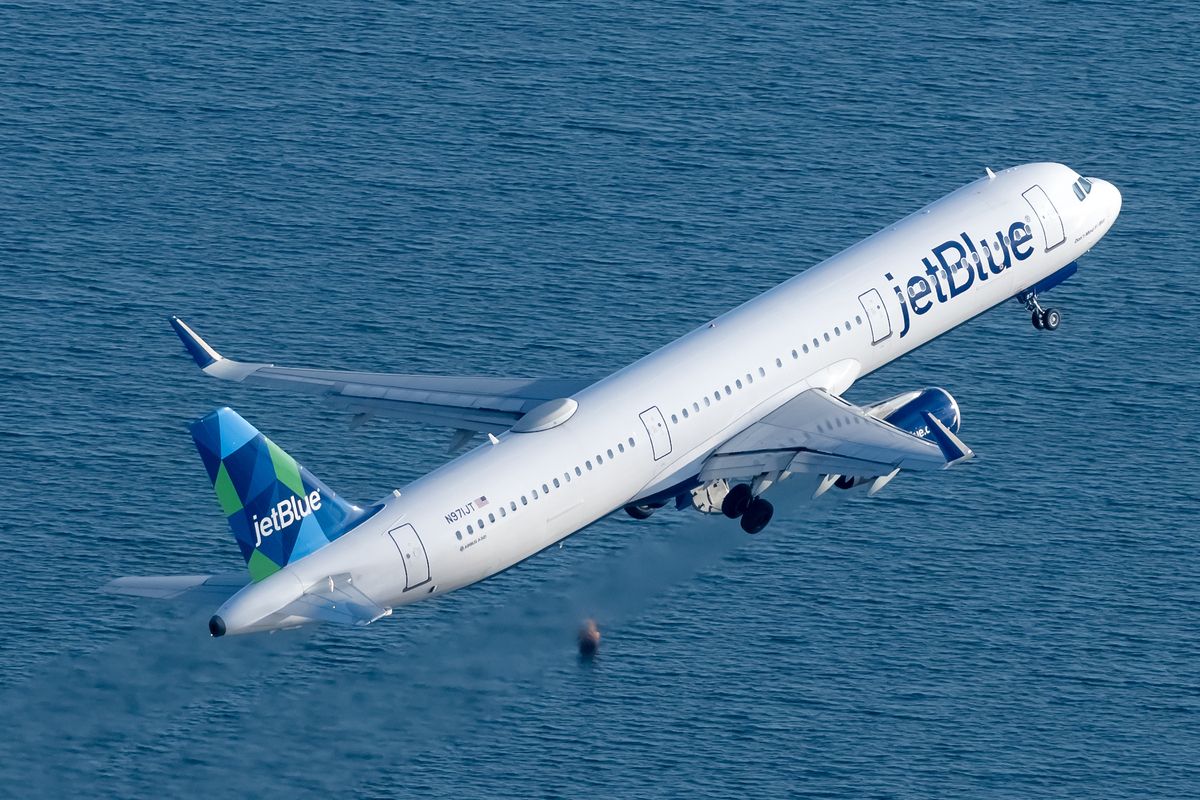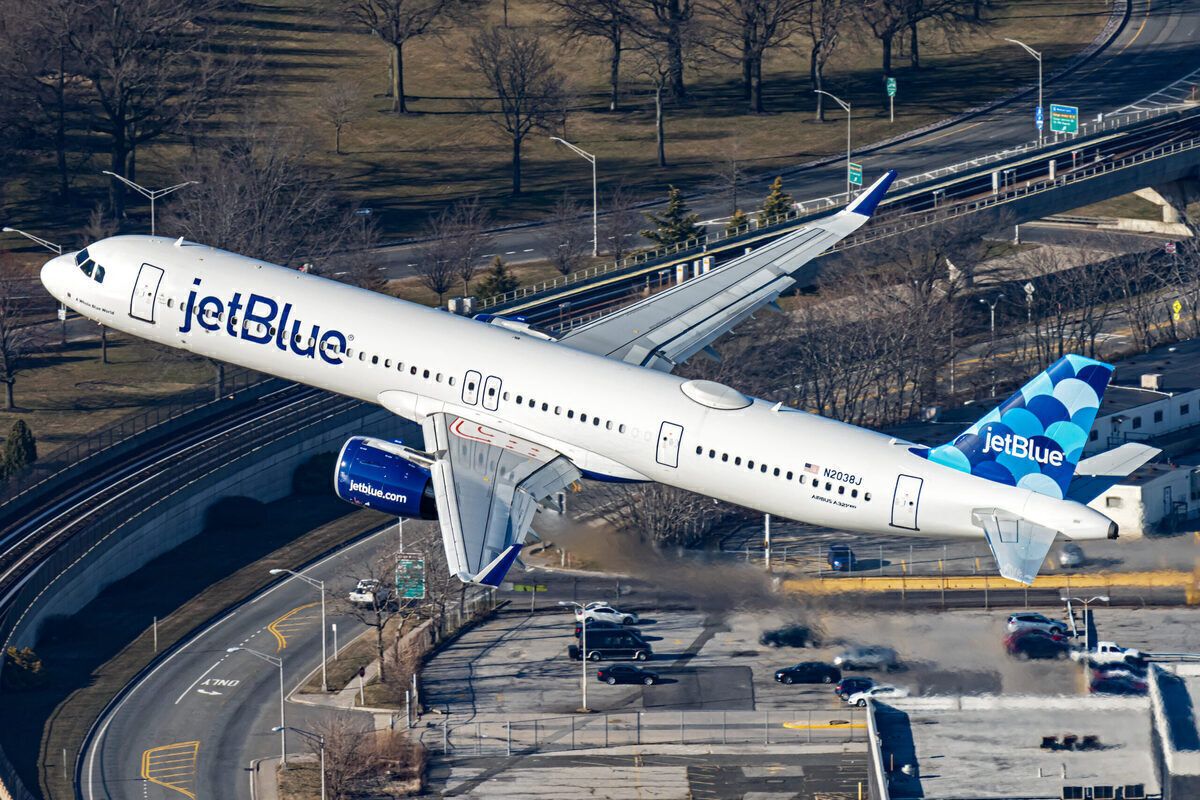JetBlue today revealed a sizable investment in the realization of hydrogen-powered flight. The US hybrid carrier's technology venture subsidiary invested part of the $20.5 million raised by Universal Hydrogen, which hopes to make hydrogen flight a reality.
Across the globe, airlines are acutely aware of their need to increase the sustainability of flight while cutting emissions. As such, many airlines have committed to net-carbon zero goals by 2050. However, many such technologies remain a long way off and will need significant investment now to really get off the ground. One avenue being explored by several unrelated parties is the possibility of hydrogen-powered flight.
JetBlue's hydrogen investment
JetBlue today revealed the part that it is playing in securing the next generation of aircraft power. The airline was part of an investment of $20,500,000 raised by Universal Hydrogen. But who is Universal Hydrogen? According to JetBlue, the company is seeking to build a fuel distribution network.
Stay informed: Sign up for our daily and weekly aviation news digests.
While traditional jet fuel relies on pipes, fuel trucks, and refillable fuel tanks, Universal Hydrogen has a different idea in mind. The company is seeking to create a process where newly produced hydrogen would be placed directly into modular capsules. These would then be transported to airports using existing freight networks. The empty hydrogen capsules would be replaced by full ones at the airport, like changing the batteries in your TV remote.
The company also wants to retrofit 40-60 regional aircraft to run on modular hydrogen. It hopes to fly the first commercial flight with such an aircraft in 2025 and even suggests that operating costs would eventually be cheaper than their kerosene-based siblings.
Commenting on the investment, Jim Lockheed, Investment Principal at JetBlue Technology Ventures, said,
"Our investment in Universal Hydrogen is highly aligned with JetBlue’s environmental objectives, and this partnership allows the airline a seat at the table in the fast-developing hydrogen for aviation sector and provides valuable insight into the options, progress, and viability of hydrogen to help decarbonize aircraft operations."
A long way off?
As mentioned, Universal Hydrogen wants to begin operating commercial hydrogen-powered flights in just four years. However, some feel the technology may take quite a bit longer to be scaled up and rolled out across the board.
Speaking last week, British Airways’ CEO Sean Doyle suggested that it will take until 2050 for emission-free flight technologies such as hydrogen to really get off the ground. In the meantime, Doyle revealed that sustainable aviation fuels would be vital in reducing the industry's environmental impact.
Sustainable aviation fuels (SAFs) are another avenue being explored by JetBlue. In August last year, JetBlue revealed that it had become the first US airline to achieve carbon-neutral flying on all of its domestic flights, thanks in part to SAFs, but also through carbon offsetting.
What do you make of JetBlue's investment in hydrogen-powered flight? Let us know what you think and why in the comments below!



